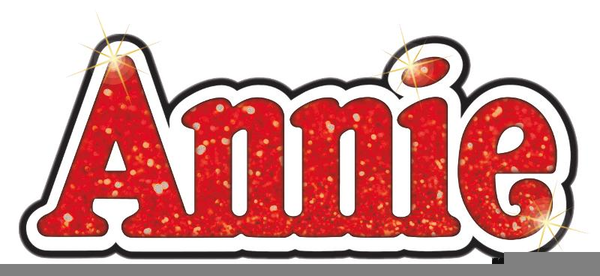


With a "Personal Use" license only, it is strictly forbidden to use or use this font for commercial purposes, be it for advertisements, promotions, TV, films, videos, motion pictures, YouTube, t-shirt design distributions or for packaged products (whether physical or digital. Please use a commercial license by purchasing via this link: Whether it's for individuals, graphic design agencies, printers, distributions or companies / corporations. This demo font can only be used for "Personal Use" purposes or for purposes that are not "commercial", or to profit from the use of our fonts. If you need a custom license please contact us at installing this font, you have understood and agreed to all the terms and conditions of use of the font below: For Corporate use you have to purchase Corporate license Here is the link to purchase full version and commercial license: This demo font is ONLY for PERSONAL USE. Writing in The World of Musical Comedy, author Stanley Green has said, ".she has unquestionably taken her place as Broadway's most beloved waif of all times.By installing or using this font, you are agree to the Product Usage Agreement: It also won the New York Drama Critics Circle Award for Best Musical. Warbucks soon decides he wants to adopt Annie, but when he learns about her dream of finding her parents and the secret of the half-locket she has treasured for so long, he sets his own feelings aside and orders an exhaustive search for Annie's parents.Īnnie went on to win seven Tony awards and became the third longest running musical of the 1970s with 2,377 performances. Billionaire Oliver Warbucks invites Annie to spend Christmas with him in his mansion, and together, they each discover new happiness.

Life in the orphanage had been rough under the strict hand of Miss Hannigan, but Annie's life was about to change. The show, which places Annie, Daddy Warbucks and Annie's mutt, Sandy, in New York City in the midst of the Depression, opened on Broadway on April 21, 1977.Īs an infant, Annie had been abandoned on the front steps of The New York City Municipal Orphanage with a note from her parents promising to return for her someday. The idea of turning Harold Gray's "Little Orphan Annie" into a musical comedy was the inspiration of lyricist-director Martin Charnin, who convinced Charles Strouse and librettist Thomas Meehan to join in creating it.


 0 kommentar(er)
0 kommentar(er)
